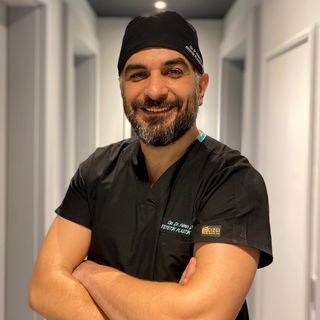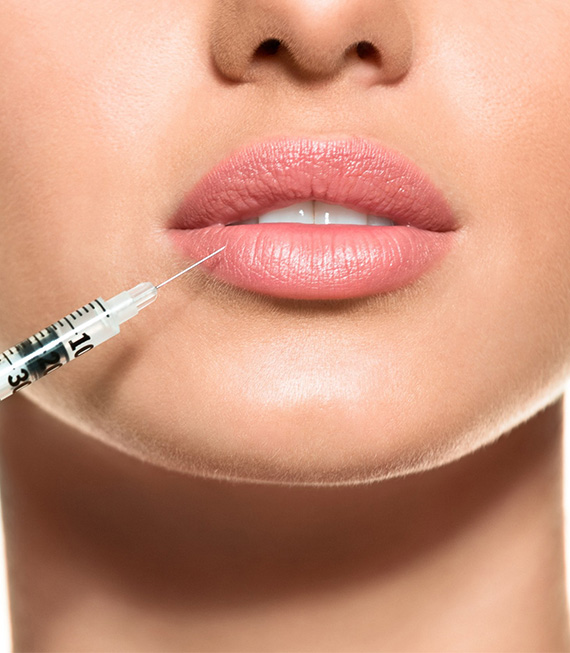
WHAT IS LIP FILLER?
Many people are interested in the fact that their lips are larger and have a more beautiful shape. Lips, which play a very important role in facial expression, are given a more aesthetically pleasing shape through lip filler. Lip filler is not just a lip thickening procedure. The lips are reshaped to the desired appearance of the person. Attempts to volumize the lips can be done using tissue taken from the person’s own body, as well as injecting artificial fillers. Thickening with tissue taken from the person’s own body is a more permanent method. It is also possible to use permanent artificial fillers, but they are not preferred because they are very difficult to return to and do not perform well in terms of naturalness. Hyaluronic acid is the most commonly used filler in lip filler procedures. This substance is a naturally occurring substance in the body. Therefore, they do not have any allergic reactions. The length of permanence varies depending on the type of filler applied to the lip. Lip filler procedures are performed under local anesthesia. Anesthesia is used to eliminate pain that may be caused by the injection during the procedure. Lips can be congenitally thin and loosely shaped. The lips lose volume with age. The loss of volume with age is due to the loss of fatty tissue in the lips. In this case, the lips can be restructured with fillers. The lips regain an aesthetic appearance. Thickening and reshaping with lip fillers is one of the most popular cosmetic procedures. A more vigorous appearance can be achieved by harmonizing the facial contours with the shape of the lips, adopting an impressive facial expression and eliminating the signs of aging with lip filler.
WHO CAN HAVE LIP FILLER?
Lip filler is the most popular method of shaping the lips to the desired shape. It can solve many complaints:
- If the upper and lower lips are indistinct and excessively thin, the lips are made clear to the desired level.
- If the upper and lower lips are disproportionate, i.e. one is prominent at the desired level while the other is excessively thin, the required ratio is provided.
- The fullness of certain areas can be increased without changing the lip frame too much.
- The disappearance of fatty tissue from the lips with age gives a dull and lifeless appearance to the lips. Lip fillers can restore the natural fullness of the lips. The signs of aging are erased.
- Lip filler procedures are not recommended at a young age. It would be more psychologically and physically correct to perform cosmetic surgery after puberty. In addition, there is no upper age limit for lip filler.
The filling procedure is not recommended during pregnancy. In addition, cancer patients should avoid this procedure during the disease. People undergoing chemotherapy or radiation treatment for any reason should also avoid lip filler.
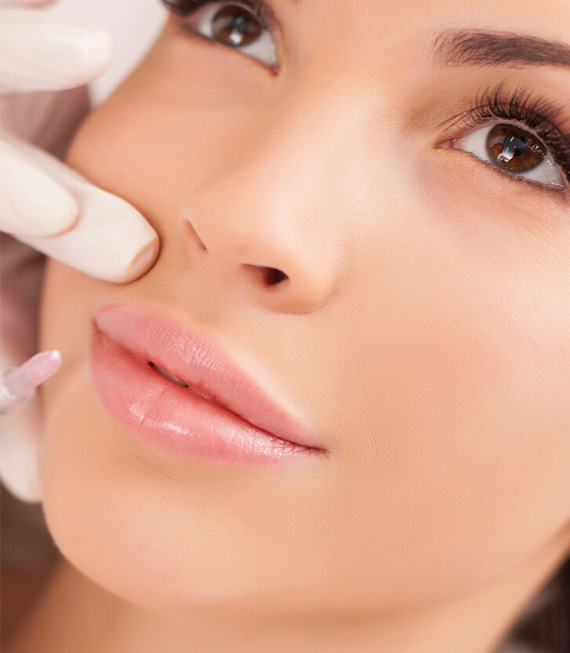

RISKS AND COMPLICATIONS OF LIP FILLER
Major and long-term complications are not encountered in lip filler procedures. The side effects that may occur depend on the filler and the method used. Your doctor takes precautions in this regard during the procedure.
Short-term problems may occur as a result of the injection. These may include swelling, edema or bruising. These effects should disappear spontaneously in about three days. There may also be a slight feeling of discomfort or pain. Painkillers are used to prevent this. Pain also goes away in a few days.
There are usually no problems after the lip filler procedure. The patient can return to his or her daily routine at the end of the procedure.
RECOVERY AND LIFETIME OF LIP FILLER
Lip filler is a quick procedure with a short recovery time. The healing process and permanence differ depending on the type of filler used and the method applied during lip filler.
Depending on the type of filler used, its permanence starts from 6 months and continues up to 1 year. Detailed information on the permanence of the filling is given by your doctor.
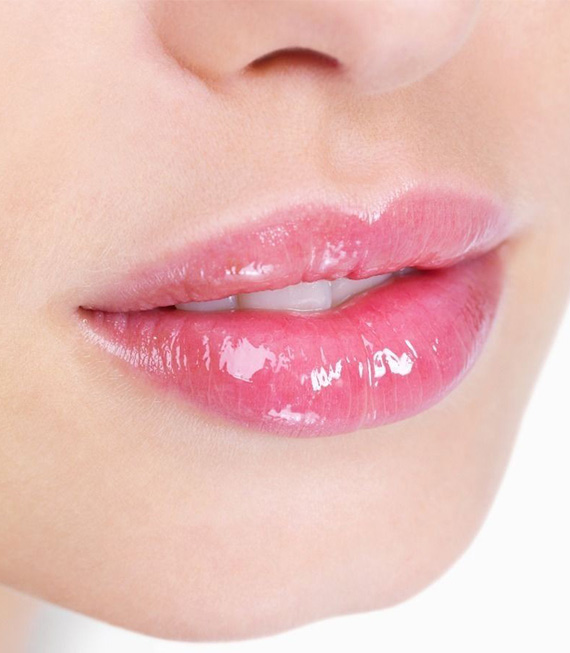
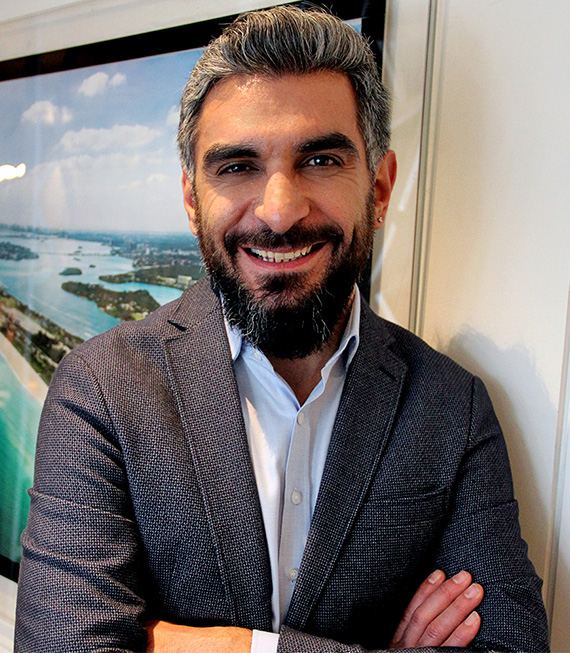
THINGS TO PAY ATTENTION
There are a few things to pay attention to for a short time before and after the lip filler procedure. These are designed to reduce the risks as much as possible.
- Procedures performed by unskilled hands to reduce cost and not performed in appropriate environments carry great risk, and health should not be compromised to reduce cost.
- Prior to the procedure, the physician should be informed of known allergies, existing illnesses, medications used and herpes, if any. This information should not be overlooked and should be given importance. If possible, smoking should be avoided before the procedure.

